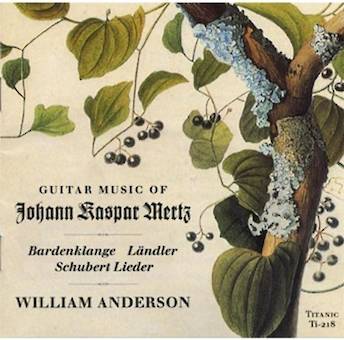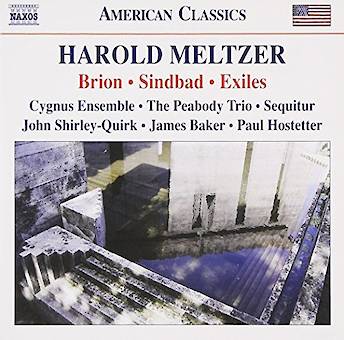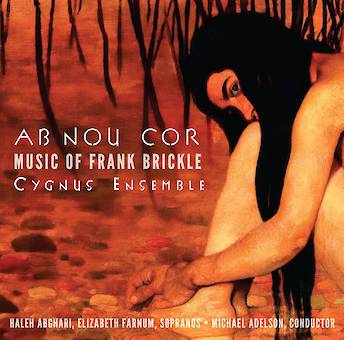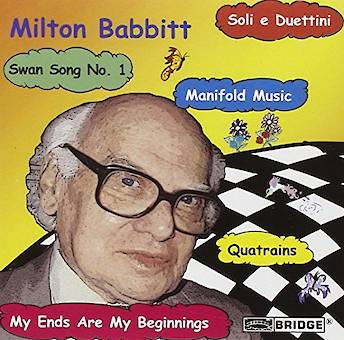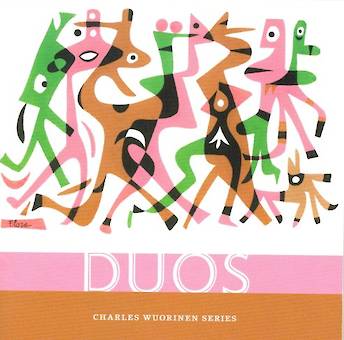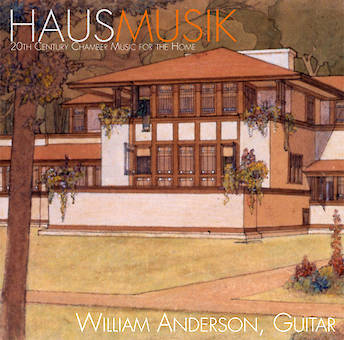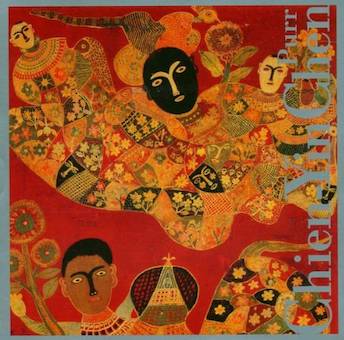Discography

William Kentner Anderson Der Weg ins Freie
2019, Furious Artisans (facd6819)Works
- Afterlight (For Dottie)
- Apple Variations
- Djuna Barnes Settings
- Grüne Heinrich
- J'Entends le moulin a new song cycle for the Bowers/Fader Duo
- My Morphine
- Of Course
- Poema harmónico
- The Job of Journeywork
- Various Roses
From the New Focus Website
Guitarist/composer William Kentner Anderson releases a collection of works ... music is not like anything else, often engaging with simple musical materials-pop songs, folksongs and folk lyrics. He breaks barriers-asking his guitarists to sing backup vocals, incorporating Tibetan overtone singing in his setting of Djuna Barnes' "Paradise", integrating an uillean piper into the Cygnus Ensemble.

Camerata 21, Vol. 04
2018, Marsyas ProductionsWorks by Mario Davidovsky, Emil Awad, Jeffrey Nichols, Jose Saldaña, William Anderson, Robert Pollock
https://www.youtube.com/playlist?list=OLAK5uy_lKSby8N9G-qaPqwSGh7Uz8G_GbAbQvDK0

Nameless: Works by Matthew Greenbaum
2015, Furious Artisans (FACD6812)Matthew Greenbaum is the only composer in New York to be a mentee of both Stefan Wolpe and Mario Davidovsky. Wolpe was one of the many great minds who were forced to our shores by historical circumstances, and arriving here, found that there was interest in what they had to offer. Stravinsky, Hindemith, Krenek, Schoenberg, as well as Stefan Wolpe all tried to put down roots in the Western Hemisphere, with varied success. Or, perhaps it’s more fair to say that their influence is paying off very slowly over a long period of time.
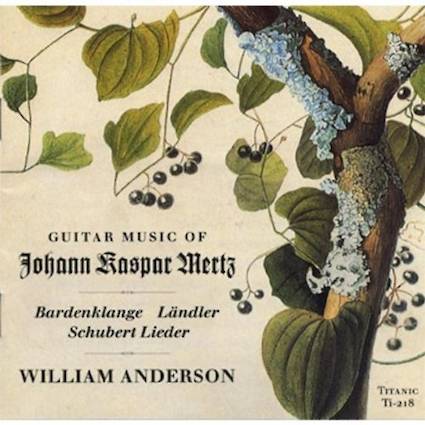
Music of Johann Kaspar Mertz
2013, Titanic RecordsThis is Anderson's first solo album.
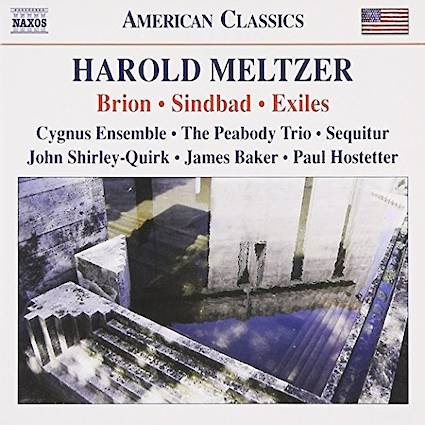
Harold Meltzer's Brion
2011, NAXOS (8.559660)The works on this disc are representative of Harold Meltzer's unique sensibility, profound imagination and inquisitive musical mind, quickened both by the things of the world and by a wide range of music, including the works of Franco Donatoni and the Stravinsky of Agon. Brion was praised by the 2009 Pulitzer prise jury as 'a graceful, sensual and contemplative experience', the 'inexorable emotional power' of Two Songs from Silas Marner impressed The New York Times, The Oxford Times described Sindbad as 'a startling and deeply
interesting modern work', while The Boston Globe declared that 'Exiles goes immediately onto this year's must-hear again list.'
Review
The American composer Harold Meltzer's "Brion," a runner-up for the 2009 Pulitzer Prize in music, is a haunting, quirky and continually inventive chamber work for a small ensemble including guitar and mandolin. It receives an elegant, colorful performance on a splendid recording of four fascinating chamber and vocal works by Mr. Meltzer. -- New York Times, Vivien Schweitzer, November 23, 2010
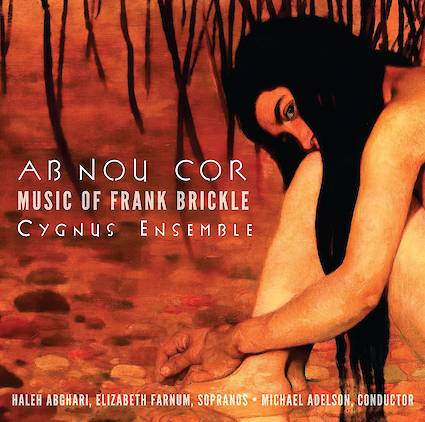
Ab nou cor: Music of Frank Brickle
2011, Furious Artisans (FACD6809)Brickle seduces listeners with luscious harmonies and a deft melodic sense. A master of vocal writing, he elicits a multitude of sharply etched vocal personae from his two singers, Haleh Abghari and Elizabeth Farnum. In The Creation, Abghari, as God, lovingly sings of the creation's bounty of forms,day by day, culminating on the 4th and 5th days with a deeply moving kind of bluesey American weltschmertz. The mystery play continues with the angels, Lucifer, and his fall, as Abghari becomes the irresistable embodiment of a boy soprano, a loveable little solipsist who eventually gets his comeuppance. Elizabeth Farnum opens the recording with Farai un vers, Brickle's setting of a famous and famously enigmatic poem by Guillaume D'Aquitaine, the "first troubadour," set in its original language, Occitan. Farnum shakes the rafters with her jaunty-slapstick-cabaret delivery -- Edif Piaf & Lotte Lehmann meet Rosemary Clooney and the Andrews sisters. The CD also includes several exquisite little miniatures. Among them are Genius Loci, for mandolin and guitar, a bizarre little newgrass aria; and Midnight Round, for four electric guitars, a psychedelic riff on the Thelonious Monk tune, Round Midnight. Rounding out the album are two transcriptions for the Cygnus "broken consort": a fin-de-siecle gem by Busoni, and an 11th century masterpiece by Perotin.
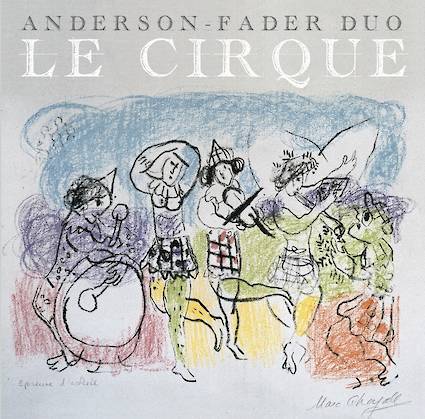
Le Cirque: Anderson-Fader Duo
2011, Furious Artisans (FACD6811)Works
Scott Johnson - Bowery Haunt (electric guitar duo)
Charles Wuorinen - Dodecadactyl
Martin Rokeach - Fantasy on 12 Strings
Chester Biscardi - Resisting Stillness
Sidney Corbet - Le Cirque, after Chagall (title track, with soprano Elizabeth Farnum)
Robert Pollock - Entertwined
David Lang - Warmth (electric guitar duo)
Frank Brickle - Genius Loci (guitar and mandolin)
William Anderson/Gillian Welch - My Morphine

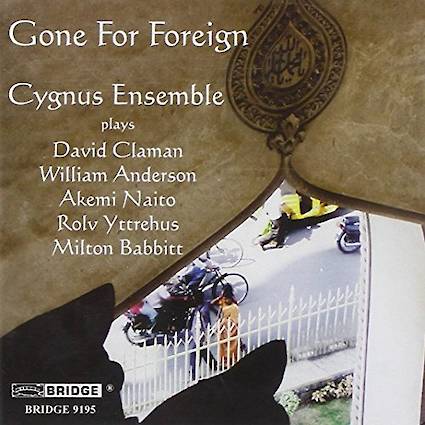
Cygnus Ensemble: Gone For Foreign
2006, Bridge RecordsCygnus is one of the most intriguing new music ensembles to have emerged in recent years. With its mixed instrumentation of winds, strings and plucked sounds, Cygnus offers the present day composer a bold new spectrum of colorful combinations to write for. And given the ensemble’s devotion to commissioning new repertoire from a stylistically broad range of composers, combined with the virtuosity with which these pieces are performed, Cygnus presents a consistently exotic and entertaining listening experience. The disc begins with David Claman’s gone for foreign- a flashy, exuberant suite in five movements, which draw from an Indian-inflected quasi-rock idiom. William Anderson’s A Giddy Thing for mandolin and pre-recorded midi plucked sounds takes its inspiration from a comment at the end of Shakespeare’s Much Ado About Nothing. The Japanese/American composer Akemi Naito’s Mindscape integrates the experimental with the conventional: sensuous melodies co-exist side by side with multiphonics; conventional notation sits alongside graphically notated music. Throughout, Naito’s sensitive and poetic ear shapes the musical flow. Rolv Yttrehus’s Plectrum Spectrum is a tour de force of rhythmic energy, using Cygnus’s full complement of plucked instruments- mandolin, banjo and guitars. Milton Babbitt’s beautiful Swan Song No. 1 is remarkable for its relaxed and transparent instrumental interplay- the full ensemble rarely playing at the same time, the flow of the music, inexorable. All of the pieces on this recording were composed for Cygnus.
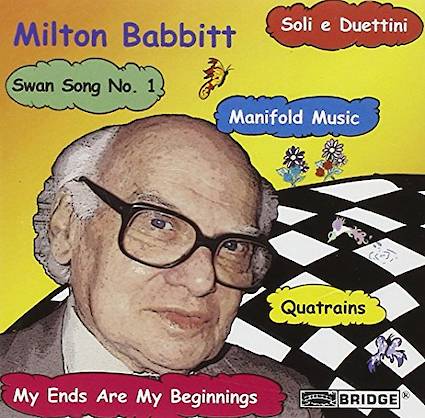
The Music of Milton Babbitt
2006,Anderson/Fader Duo appears here in their performance of Milton Babbitt's Soli e Duettini.
Milton call the title, "a tribute to a music for which I feel very little affinity".
Anderson & Fader also appear on this disc in Babbitt's masterpiece,
Swan Song No. 1.

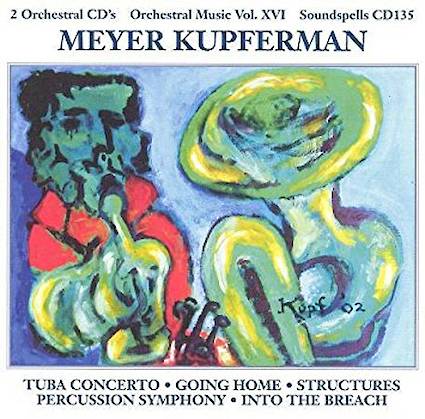

Wuorinen Duos
2003, Albany RecordsAnderson appears on two tracks.
1--Sonata for Guitar and Piano
Anderson-Forsyth Duo commissioned Wuorinen's Sonata for Guitar and Piano in the mid-90s.
2--Psalm 39
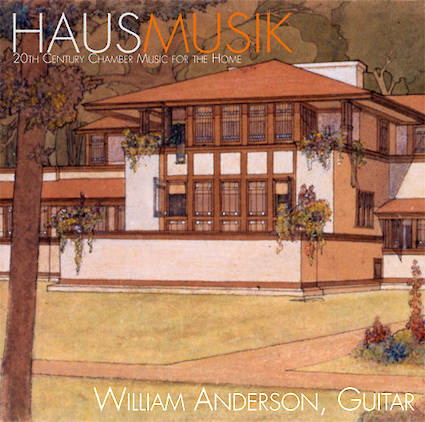
Hausmusik: 20th Century Chamber Music for the Home
2002, Furious Artisans (FACD6802)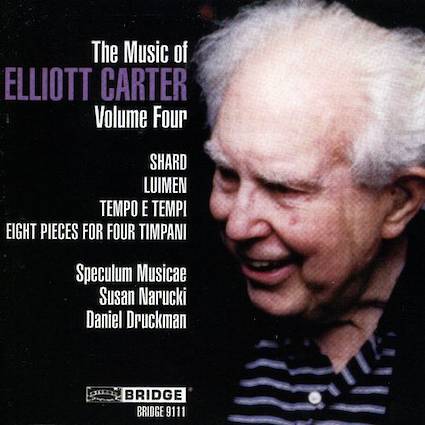
Elliott Carter's Luimen
2001, Bridge RecordsAnderson played mandolin in Luimen for Carter's 90th birthday concert at Miller Theater; for Carter's 100th birthday concert at Miller, Anderson played guitar.
This is the first recording of Luimen.
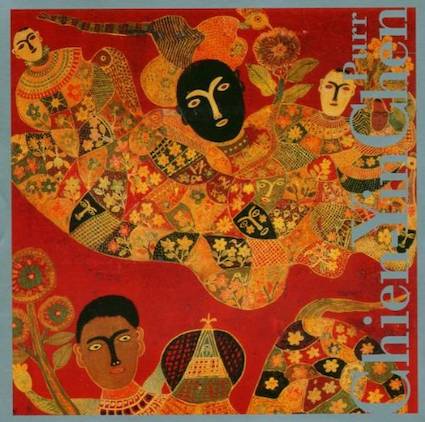
Chen Yin Chen
2001, TzadikThe Anderson/Fader Duo has, on more than one occassion, been augmented by a third amazing guitarist, Mark Delpriora.
The trio recorded Chen Yin Chen's piece entitled,
Wogen-brandung-wonne
on this extraordinary album.
.

Meeting Places
2000, Albany RecordsWilliam Anderson commissioned Kreiger's Suitable Attachements for Cygnus in the early '90s.
NYNME produced the first and only recording.

Diary of a Seducer
1999, CRiThis album includes the first of two recordings of Anderson/Forsyth doing Wuorinen's Sonata for Guitar and Piano.
Also, this is the only way to hear Anderson's performance of Elliott Carter's Changes.
Martin's Diary of a Seducer is a bizarre and fascinating work. #31 is unprecedented pointillism.
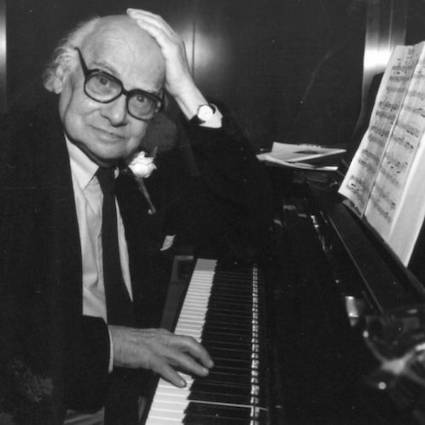
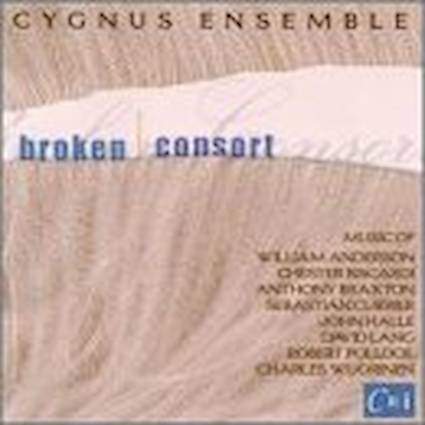
Broken Consort
1998, CRiFirst recordings of works by
John Halle
Robert Pollock
William Anderson
Charles Wuorinen
David Lang
Chester Biscardi
Anthony Braxton

Echoes From Barcelona - Guitar Music of Meyer Kupferman
1997, Soundspells ProductionsWilliam Anderson was cited in Meyer Kupferman's obituary in the New York Times:
Anderson's mentor, composer David Starobin, introduced Anderson to many of the great late 20th C. modernists. Meyer Kupferman was one. Early in Anderson's career, he resolved to know and perform all of Kupferman's grand, virtuosic music. They collaborated frequently for the duration of Meyer's life.

Cello Music of Meyer Kupferman
1996, Soundspells ProductionsMeyer tried to introduce his friends to each other. He found this opportunity for Anderson to work with the great cellist Lazslo Varga, a cello giant, who was principal cello in the NY Philharmonic under Dimitri Mitropolous and Leonard Bernstein.

Milton Babbitt Occasional Variations
1991, TzadikFred Sherry organized this Tzadik disc, and included Anderson's first, very early CGNJ (Composers Guild of New Jersey) recording of Milton Babbitt's guitar solo, know first as Composition for Guitar, but originally entitled, Sheer Pluck (after the short story by Horatio Alger).



